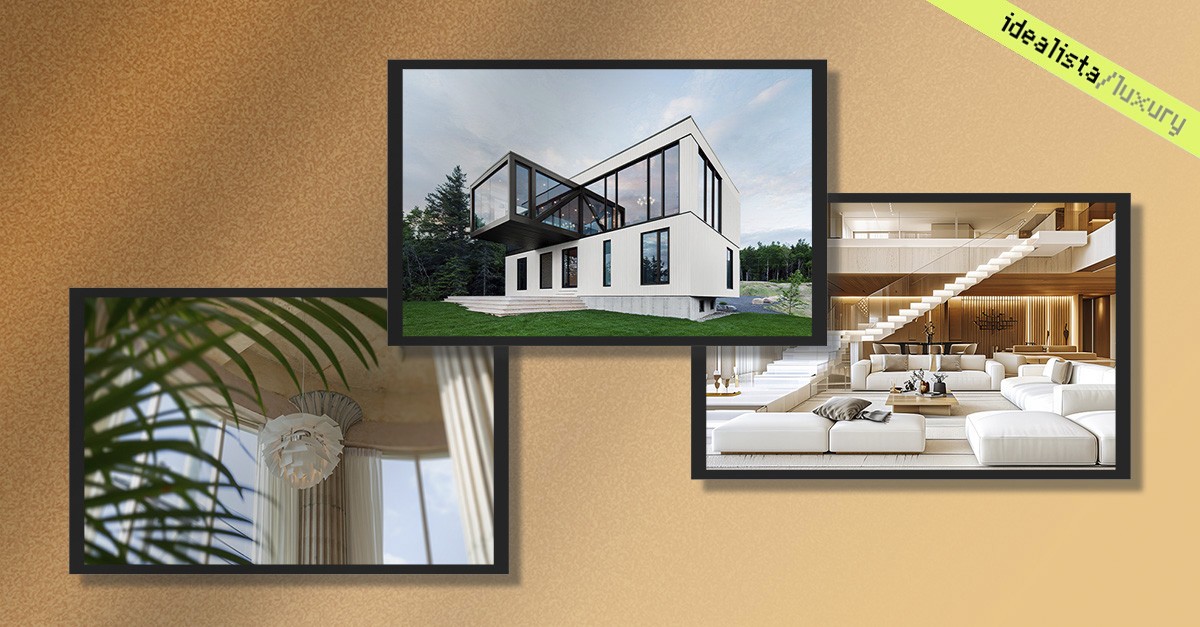
In the real estate market, the concept of luxury goes far beyond price or a privileged location. It's no longer just about having gold or marble interiors, or simply appearing expensive. Nowadays, true luxury is defined by a unique experience, where exclusivity, customisation, and quality of life become the essential pillars.
High-end properties are not just spaces to live in, but true sanctuaries that combine sophisticated design, technology, and premium services, as well as sustainability. These spaces must reflect the buyer's lifestyle, whether simple, daring, or conservative. The focus is primarily on being authentic and not artificial. But how, in the end, can luxury in real estate be defined? idealista/news spoke to various market players on the subject.
The new “face” of luxury real estate
From authenticity to experience
“Nowadays, luxury is more focused on a differentiating life experience, which addresses various layers such as design, sustainability, exclusivity, and premium services like concierge. Properties in this segment are increasingly spaces that combine functionality with a distinct lifestyle, whether through high-quality materials, advanced technological integration, or a strategic location that complements the buyer’s needs,” says Telmo Azevedo, Co-Head of Residential at JLL Portugal.
For Jorge Costa, COO at Quintela e Penalva | Knight Frank, luxury is a “concept that is quite difficult to define, as it varies from person to person.” “It’s a bit like tastes, but I would say that luxury is increasingly associated with an aspirational vision that refers more to comfort, authenticity, and simplicity,” he notes. This view is shared by Paulo Trapola, Head of Real Estate Investments/Advisor at Exclusive Lisbon Real Estate Hospitality, and indeed by all the professionals interviewed: “The luxury market in Portugal goes far beyond price and location.”
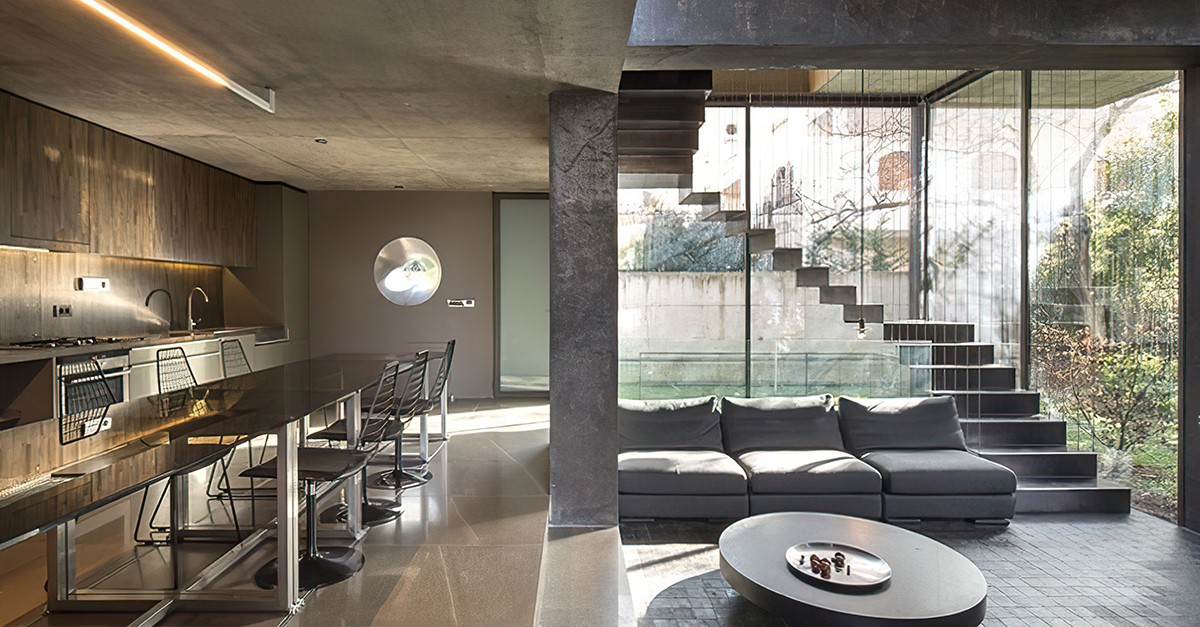
The evolution of this segment reflects, therefore, a growing demand for properties that combine a range of differentiating features. “It’s about creating a unique life experience, where every detail is designed to combine comfort, exclusivity, and aesthetics,” adds the team of specialists at Invicta Park Capital. But it doesn’t stop there. Sustainability, for instance, has become a decisive factor, with energy-efficient solutions, responsible material use, and reduced environmental impact increasingly valued.
Additionally, for many buyers, the property's history also plays a role in the decision-making process, with properties of historical legacy, such as palaces, manor houses, and prestigious estates, being highly sought after, as explained by Filipe Lourenço, CEO of Private Luxury Real Estate. For this broker, the essence of luxury rests on “two timeless elements: location and the nobility/quality of materials and finishes.” “Additionally, we now identify other factors, such as available technological solutions, sustainability in construction, maintenance, and use, and, for many of our clients, the history of the property. In this case, when it comes to palaces, manor houses, coat-of-arms houses, estates, or vineyards,” he adds.
Exclusivity, in turn, is expressed in the possibility of full customisation of spaces, from finishes to the integration of smart technologies that offer greater comfort and security. Concierge services, private gyms, exclusive wine cellars, carefully planned social spaces, and even affiliation with renowned international brands – the so-called branded residences – enhance the status of each property and ensure a unique experience for its inhabitants.
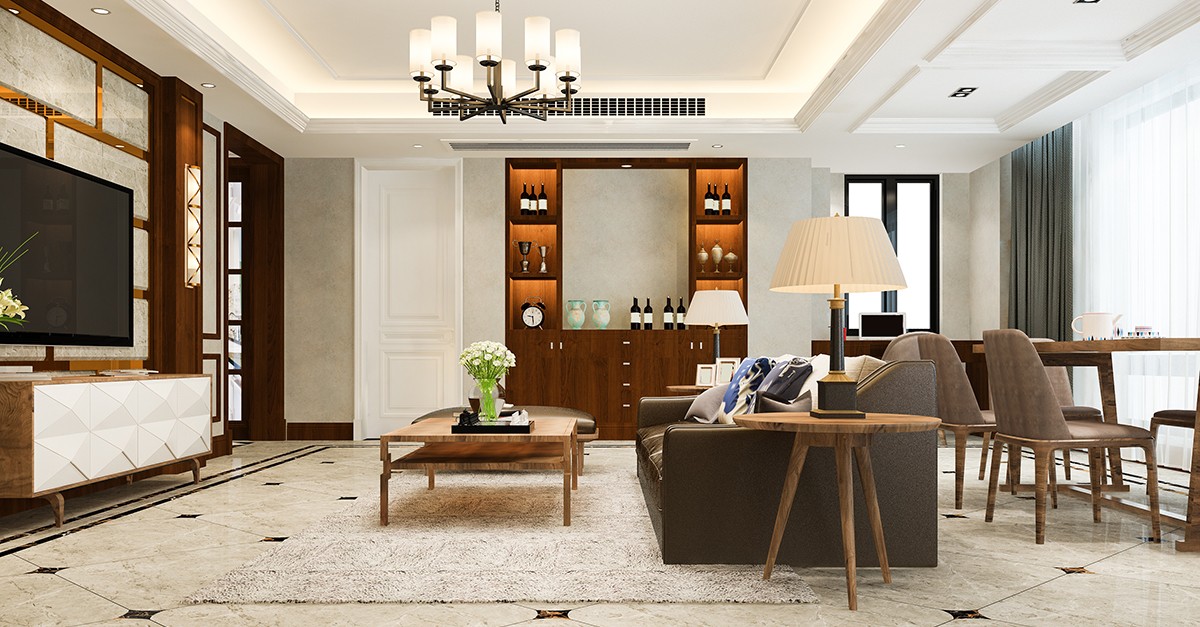
Ana Jordão, Residential Business Development Director at Savills, confirms this trend. She highlights that, nowadays, exclusivity is an essential aspect, namely “properties frequently designed by internationally renowned architects and tailored to the buyer’s needs.” “Furthermore, the integration of leisure, wellness, and maintenance services contributes to the sense of prestige and differentiation, creating a unique experience and a high quality of life. Branded residences, where the property is associated with a recognised luxury brand, have also gained prominence, offering a combination of status and premium services exclusive to their owners,” she notes.
João Cília, CEO of Porta da Frente Christie’s, agrees that the concept of luxury in the real estate market goes far beyond traditional aspects such as price or location. “Luxury is a unique experience related to exclusivity, customisation, and the quality of life provided by a property. When we talk about luxury, we are referring to spaces that offer more than just a place to live: there is always a combination with an environment that enhances the owner’s daily experience,” he begins.
He argues that all these factors “require meticulous attention to detail in design, high-end materials, sophisticated finishes, and, often, architectural features that make the property a work of art in itself.” He has no doubt that location is important, but true luxury arises when the property “offers a perfect combination of comfort, functionality, and aesthetics, tailored to the tastes and needs of the clients.”
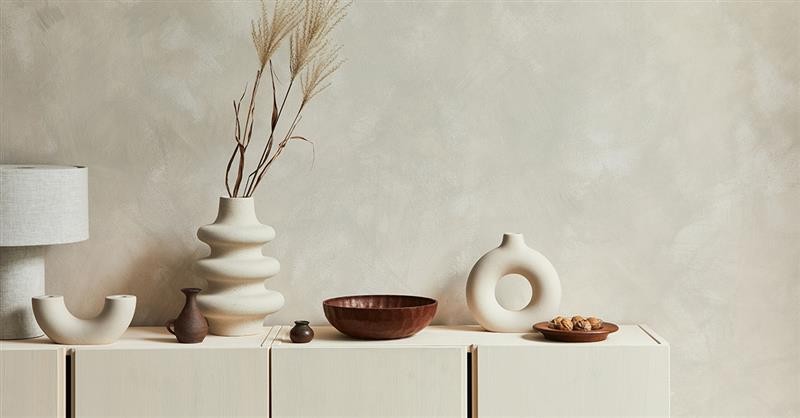
It is on the client that Daniela Rebouta, Sales Director at Engel & Völkers Lisboa, Oeiras, and Setúbal, focuses her vision. In addition to all the aspects mentioned, the broker believes that the concept of luxury is also linked to the service provided throughout the entire sales process, as well as the marketing strategy, which should be tailored to each property.
Sara Infante, Partner & Founder of Infante & Riu – Portugal Real Estate, adds that, beyond the intrinsic distinguishing features of properties such as innovative design and/or renowned signature, the client “is increasingly seeking exclusivity, security, and discretion.” This opinion is shared by Filipa Frey-Ramos, Director at BARNES International Realty, who also finds it easy to define luxury, as it results from the combination of several factors. She similarly emphasises the importance of “privacy, not having a vis-à-vis, security, potential for appreciation, and the entire experience itself.”
A matter of perception and aspiration
Experts agree that luxury is, above all, a matter of perception and aspiration. For some, it lies in the grandeur of a panoramic view over the ocean or a vibrant city. For others, it resides in absolute privacy, maximum security, or meticulous attention to detail. The luxury real estate market has been adapting to these new demands, increasingly offering solutions that balance sophistication, comfort, and innovation.
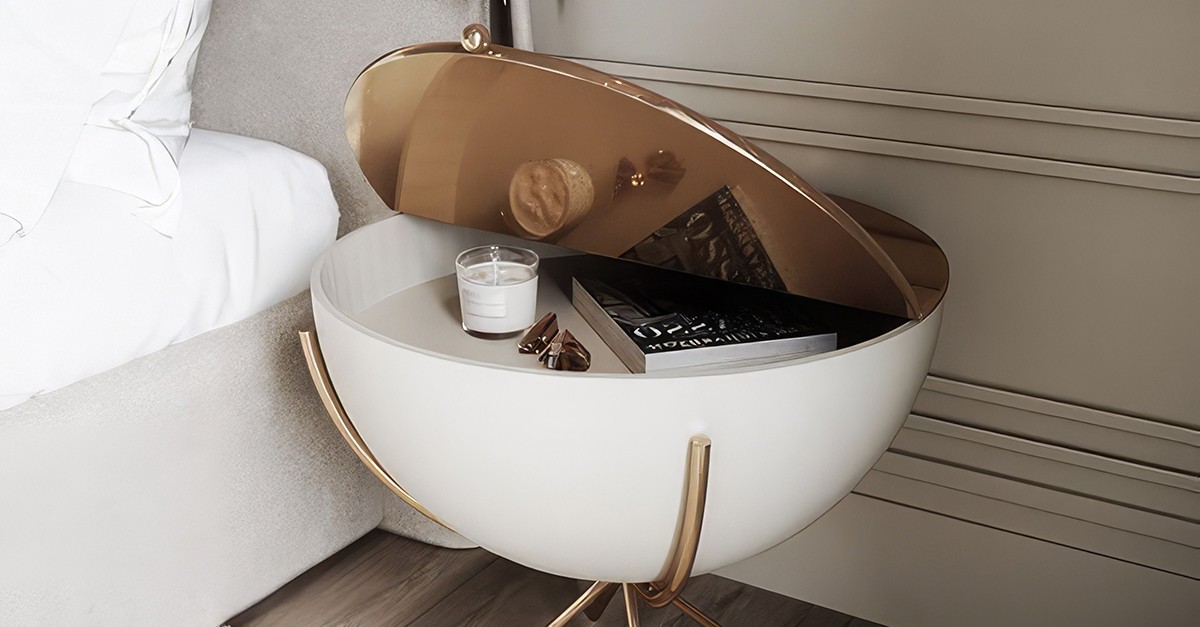
“Luxury today is about the house adapting to the person who lives there, because we all have different tastes, different experiences, and experiences in different homes,” comments Hugo Covaneiro, interior designer and founder of Silent Home, for whom luxury is very personal. “You wouldn’t decorate a house in the same way in New York as you would in Morocco, for example. Anyone can see that. So, the trend in luxury is to personalise spaces, it’s also about customising experiences,” he argues.
Mariana Martins, interior designer at RE Capital, believes that there isn’t really a single definition of luxury. “For example, space is an important thing. That is, having enough space to live efficiently, in a way that fits our lifestyle. The concept of luxury has changed a lot. If, in the past, we thought luxury was about being dressed in brand names from head to toe, today it’s much more than that. And interior design also follows that change, and the changes in the world,” she emphasises.
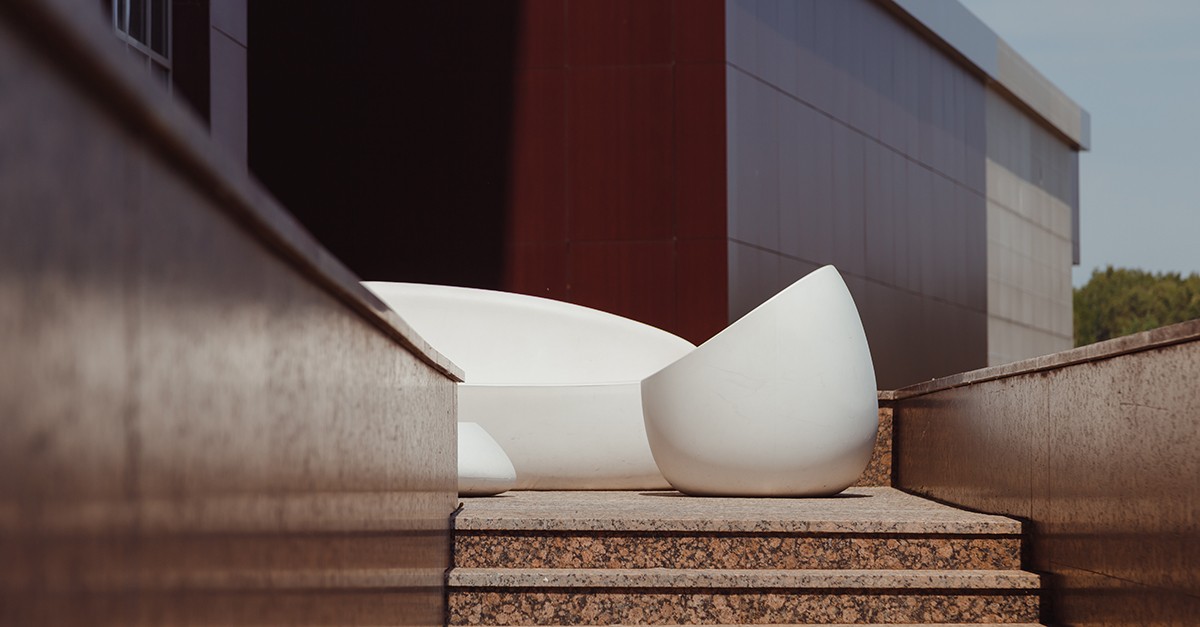
Therefore, true luxury is not just about square footage or the prestige of the “address.” It lies in a property’s ability to provide an exclusive living experience, tailored to the needs of its inhabitants. It is this constant redefinition that makes this segment so dynamic and desirable, reflecting not only an evolution in buyers’ preferences but also a new way of viewing the concept of housing and well-being.



